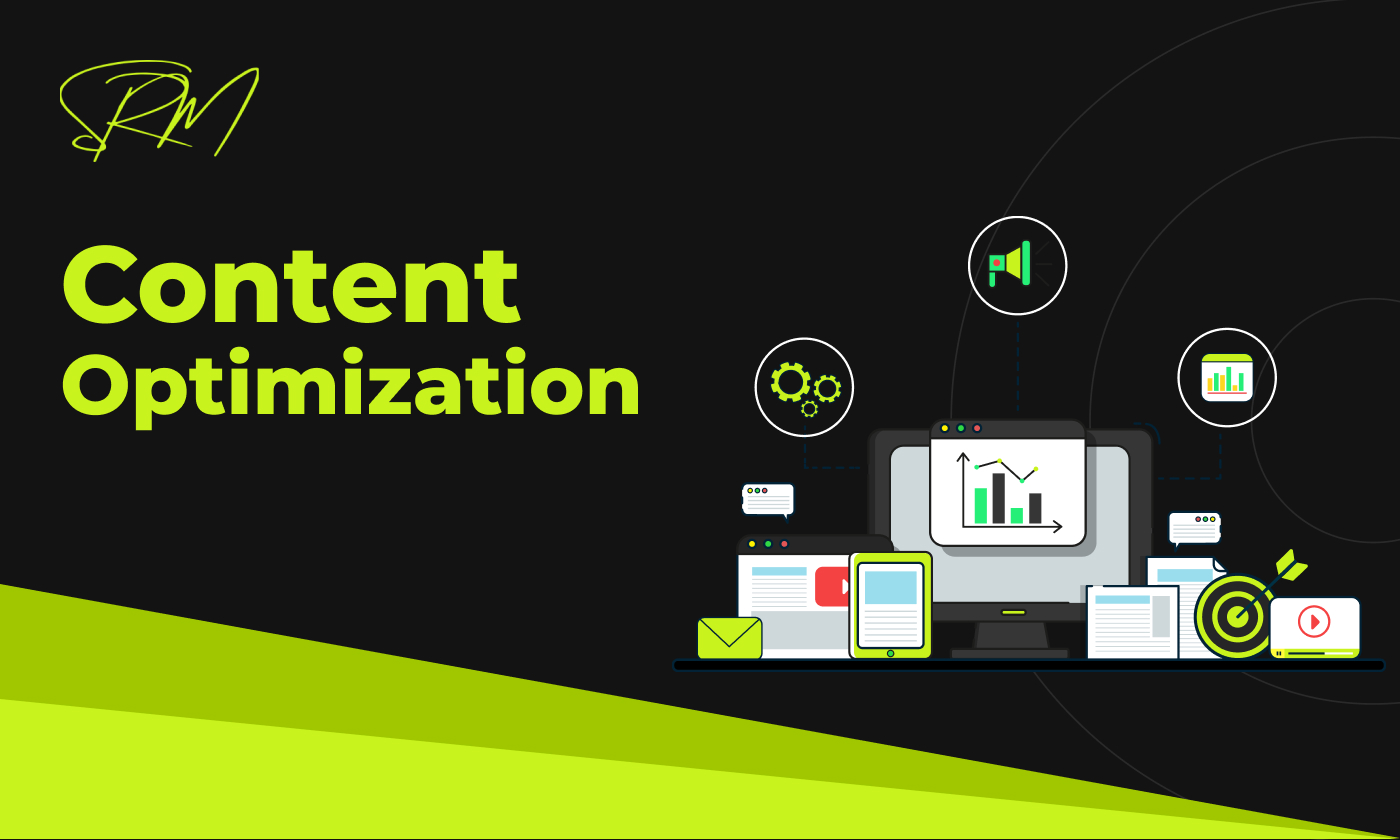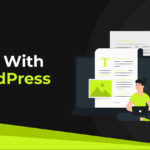
As digital marketing continues to evolve, content enhancement has become a crucial element for achieving success. In 2025, businesses are focusing more than ever on creating high-quality content that not only attracts readers but also ranks well on search engines. With the right tools, you can streamline the process of content optimization, ensuring that your content is tailored to both your audience and search engine algorithms.
Content optimization involves improving various aspects of your content, such as keywords, readability, SEO, and user engagement. With the growing competition in digital spaces, having the best tools at your disposal can make a huge difference in the success of your content strategy.
Top Tools for Content Optimization in 2025
There are a wide variety of tools available that can help you enhance your content. From keyword research to analytics, these tools can cover different aspects of content optimization, making it easier to produce high-quality content that performs well. Here’s an overview of the most effective tools for content enhancement in 2025:
Keyword Research Tools
The foundation of content optimization is effective keyword research. Keywords are essential for targeting the right audience and ensuring that your content ranks well on search engines. Some of the best tools for keyword research in 2025 include:
- Ahrefs: Ahrefs is a powerful tool for finding high-performing keywords. It helps you discover keywords that your competitors are ranking for and provides insights into search volume, keyword difficulty, and potential traffic.
- SEMrush: This tool allows you to perform keyword analysis, track rankings, and explore competitors’ strategies. SEMrush helps you optimize your content for the best keywords and track its progress over time.
- Google Keyword Planner: A free tool by Google, it helps identify keyword trends and is especially useful for Google Ads campaigns. You can use it to choose keywords that drive traffic to your website.
By using these tools, you can ensure that your content is optimized for the right keywords, which helps increase organic traffic.
SEO Analysis Tools
After you’ve researched the best keywords, it’s time to focus on on-page SEO. SEO analysis tools help you evaluate the SEO health of your content and suggest improvements. Some tools to consider are:
- Yoast SEO: One of the most popular tools for content enhancement, Yoast helps you analyze your content’s SEO performance as you write. It offers real-time feedback on keyword usage, readability, and other SEO factors.
- Moz Pro: Moz provides comprehensive SEO tools, including keyword analysis, site audits, and backlink tracking. Moz Pro is useful for ensuring that your content is fully optimized to rank well.
- Surfer SEO: Surfer analyzes over 500 factors that affect a page’s ranking. This tool offers insights into keyword density, heading tags, and other elements that can enhance your content optimization efforts.
- WordPress SEO: If you’re using WordPress, tools like the WordPress SEO plugin can be invaluable. It helps optimize your content for search engines by guiding you in areas like meta tags, keyword usage, and more.
Using these SEO analysis tools helps you ensure that your content is both user-friendly and optimized for search engines.
Content Editing and Proofreading Tools
No matter how well you’ve optimized your content, errors in grammar or readability can negatively impact its performance. Content editing and proofreading tools help you refine your content and make it easy to understand for your audience. Some top tools include:
- Grammarly: A well-known tool for checking grammar, spelling, and punctuation. Grammarly also evaluates tone and readability, making it a great tool for polishing your content.
- Hemingway Editor: This tool helps you simplify your writing, making it more readable for a broader audience. It highlights complex sentences, passive voice, and adverbs that could be removed to improve clarity.
Content Performance and Analytics Tools
Once your content is live, it’s important to track its performance and gather insights that can help you optimize future content. Analytics tools allow you to measure engagement, traffic, and other key metrics. Here are some valuable tools for performance tracking:
- Google Analytics: Google Analytics is the go-to tool for tracking website traffic and user behavior. It helps you understand how visitors are interacting with your content and where improvements can be made.
- Hotjar: Hotjar provides heatmaps, session recordings, and surveys to help you understand how users are engaging with your content. It helps you see which sections of your content attract the most attention and which areas may need improvement.
These tools give you valuable insights into your content’s performance, helping you fine-tune your strategy for better results.
AI-Powered Content Tools
AI-powered tools have revolutionized the content creation and optimization process. In 2025, many marketers are using AI to streamline content generation and optimization. Some of the top AI-powered tools include:
- Copy.ai: This tool uses artificial intelligence to generate content ideas, headlines, and even full blog posts. Copy.ai helps speed up the content creation process while ensuring the content is optimized for your audience.
- Jasper AI: Jasper is an AI writing assistant that helps create SEO-friendly content quickly. It can generate blog posts, social media content, and product descriptions, making it an excellent choice for content marketers looking to optimize quickly.
AI tools can significantly speed up the content creation and content optimization process, allowing you to focus on strategy and content refinement.
Social Media and Content Distribution Tools
Once your content is optimized, it’s time to distribute it effectively. Social media and content distribution tools help you share your content with the right audience. Some popular options include:
- Buffer: Buffer allows you to schedule and manage posts across multiple social media platforms. It ensures that your optimized content is reaching the right audience at the right time.
- Hootsuite: Similar to Buffer, Hootsuite helps you manage social media accounts and track engagement. It also provides analytics to measure the effectiveness of your posts and content.
By using these tools, you can ensure that your optimized content reaches a wider audience and increases engagement.
Collaboration and Project Management Tools
If you’re working with a team, collaboration and project management tools are essential for streamlining the content creation process. These tools help you organize tasks, track progress, and collaborate efficiently. Some useful options include:
- Trello: Trello is a visual project management tool that helps you organize tasks and track the progress of content enhancement projects.
- Asana: Asana is another project management tool that helps teams stay organized. You can create tasks, set deadlines, and collaborate on content creation and optimization.
These tools help teams stay on track and ensure that all content is optimized for maximum impact.
Final Thoughts
With the ever-evolving digital landscape in 2025, content optimization has become more important than ever. By using the best tools for keyword research, SEO analysis, content editing, performance tracking, and distribution, you can improve your content’s visibility, engagement, and performance.
It’s essential to choose the tools that best suit your needs and align with your content strategy. Whether you’re an individual content creator or part of a team, the right tools can make all the difference in optimizing your content and driving results. If you’re unsure about which tools to choose, working with a content optimization expert can help you develop a tailored strategy to achieve the best outcomes for your content.
Check out our latest blog on “Content Marketing Strategy” for more insights on enhancing your digital presence!
Frequently Asked Questions (FAQ’s)
Q. What is content optimization?
A. Content optimization means creating content in a way that helps it reach a larger target audience. It involves adding the right keywords, using meta and title tags, and including relevant links to make it more effective.
Q. What is in a content strategy?
A. A content strategy outlines how your organization will use content to meet its goals and serve user needs. It involves setting clear goals for your content and creating a plan to achieve and sustain success.
Q. What are the main responsibilities of a content optimization specialist?
A. The main responsibilities of content optimization specialist are:
- Doing detailed keyword research to find relevant and effective keywords for content.
- Optimizing content for search engines by placing keywords in titles, headings, and body text, and improving meta tags, URLs, and internal links.
Q. What is SEO content optimization?
A. Content optimization, also known as SEO, is the process of improving your content so it ranks higher on search engine results. Well-optimized content is more likely to appear at the top of search pages, making it more visible online compared to content that isn’t optimized.
Q. Why is content optimization important?
A. It helps improve search engine rankings: By optimizing content with relevant keywords, B2B digital marketers can boost their website’s ranking on search engines. This makes it easier for potential customers to find their content on Google and helps the business reach a larger audience.





